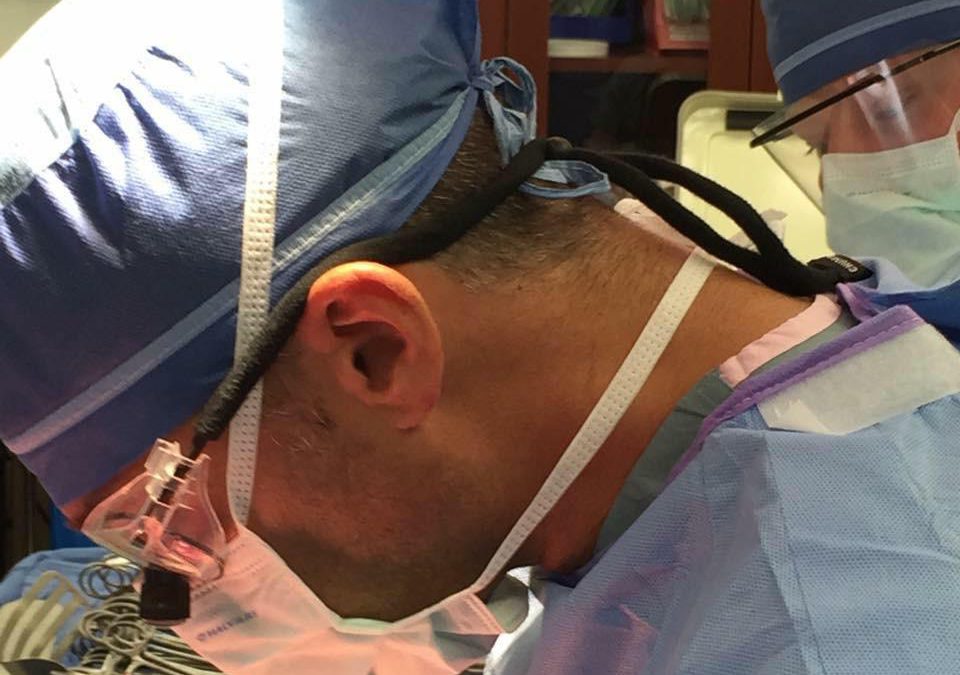I get asked this question a lot. “Oh, you work on veins, right?” “So you operate on the heart?” “You mean like Harrison Ford in The Fugitive?” On that last one, yes! Except without the running and the one-armed man stuff.
A vascular surgeon is first and foremost a surgeon. The other physicians who work in this area, mostly in treating arterial disease of the legs using minimally invasive techniques (cardiologists and interventional radiologists) most certainly are not. Some of these folks even call themselves peripheral vascular specialists which is frankly, a bit of a reach. They have their skill set and some are very good. However, the only practitioner deserving of this moniker is the vascular surgeon.
Depending on the time period when one trained, a vascular surgeon has 6 to 8 years of supervised training (after medical school) during which one learns both the open surgical and minimally invasive techniques to treat diseases of the arteries and the veins of the body. Training includes 5 years of general surgery and two years of fellowship in vascular surgery or alternatively three years and three years which is the more recent trend. I am in the former group. The required case numbers to graduate actually changed towards acquiring more minimally invasive cases the year I graduated as the training no longer supported the huge number of open cases needed (particularly on the aorta). A vascular surgeon learns to treat all the blood vessels in the arms and the legs, the abdomen and chest (not the heart), and the neck but not the brain. Commonly, we treat blocked or dilated arteries, blocked veins and create access for dialysis to name a few areas. And yes, we treat varicose veins too! We are the board certified plumbers of the human body, except we wear pajamas instead of a tool belt.
To this some of you may answer “So what. Almost everyone has a minimally invasive procedure these days” to which I would reply, yes, that’s true. So why choose a vascular surgeon? I would submit that our training allows us to offer you a more comprehensive procedure. Having trained in open surgical techniques, we are intimately familiar in the factors needed to have successful open surgical procedures. This gives the vascular surgeon insight that non surgeons do not have. Like when drinking, we know when to say when. What you likely don’t know is that the type of minimally invasive procedure you have may limit the success of a subsequent open procedure you may need. In some cases, minimally invasive procedures have removed the open option completely resulting in limb loss.
You should ask your interventionist where wouldn’t they place a stent or when would they recommend an open procedure or a bypass. They should be able to answer this.
You should also ask them what are they going to do if the minimally invasive approach doesn’t work. Plan B should not be plan A. If they say send you to someone else then why not go to that physician in the first place?
Sometimes you still need a surgeon.
My best to you all,
JC

